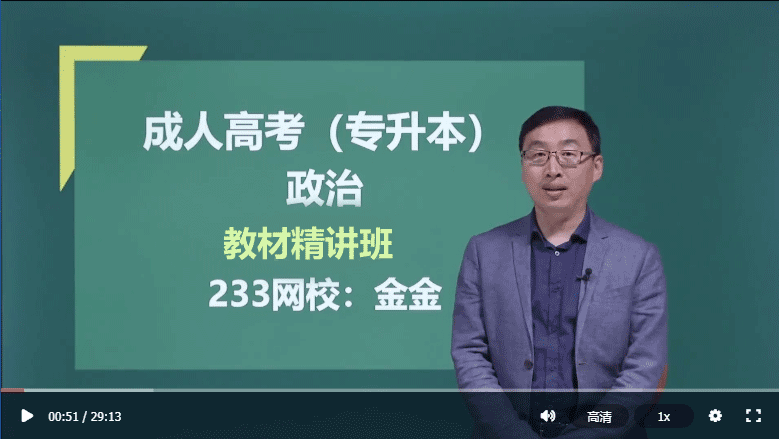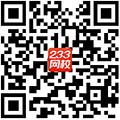Passage Three
In ancient times wealth was measured and exchanged in things that could be touched: food,tools, and precious metals and stones. Then the barter system was replaced by coins, which still hadreal value since they were pieces of rare metal..Coins were followed by fiat money, paper notes thathave value only because everyone agrees to accept them.
Today electronic monetary systems are gradually being introduced that will transform money intoeven less tangible forms, reducing it to a series of "bits and bytes", or units of computerized informa-tion, going between machines at the speed of light. Already, electronic fund transfer allows money tobe instantly sent and received by different banks, companies, and countries through computers andtelecommunications devices.
( ) 44. Which of the following statements about computeriz monetary systems is NOT support-ed by the passage?
A. They promote international trade.
B. They allow very rapid money transfers.
C. They are still limited to small transactions(交易 ).
D. They are dependent on good telecommunications systems.
答案:C
( ) 45. According to the passage, which of the following was the earliest kind of exchange of wealth?
A. Bartered goods.
B. Fiat money.
C. Coin currency.
D. Intangible forms.
答案:A
( ) 46. The author mentions food, tools and precious metals and stones together because they are all
A. useful items
B. articles of value
C. difficult things to obtain
D. material objects
答案:D
( ) 47. According to the passage, coins once had real value as currency because they
A. represented a great improvement over barter
B. permitted easy transportation of wealth
C. were made of precious metals
D. could become collector's items
答案:C
热点推荐>>

